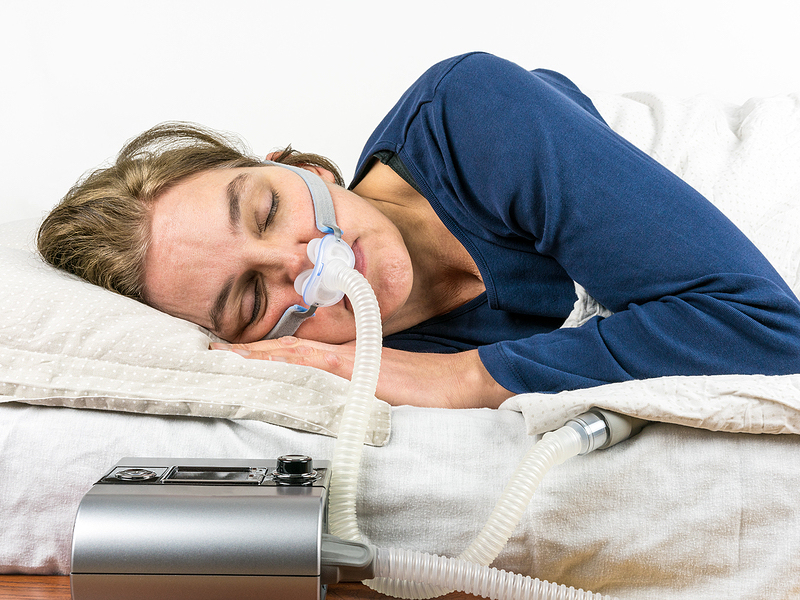Sleep apnea is a common sleep disorder that affects millions of people worldwide. It is characterized by pauses in breathing or shallow breathing during sleep, which can lead to fragmented and poor-quality sleep. These pauses can last anywhere from a few seconds to even minutes, and can occur multiple times throughout the night.
There are different types of sleep apnea, including obstructive sleep apnea, central sleep apnea, and complex sleep apnea syndrome. If left untreated, sleep apnea can have serious consequences on one’s overall health and quality of life. It is important to understand the symptoms and risk factors associated with sleep apnea in order to seek proper diagnosis and treatment.
Symptoms and Diagnosis
Common symptoms of sleep apnea include loud snoring, gasping for air during sleep, morning headaches, daytime fatigue, and irritability. If you suspect that you or a loved one may have sleep apnea, it is essential to consult a healthcare provider. A proper diagnosis typically involves a sleep study, which monitors breathing patterns, oxygen levels, and other vital signs during sleep. Once diagnosed, treatment options can be explored, including lifestyle changes, continuous positive airway pressure (CPAP) therapy, or oral appliances prescribed by a sleep specialist.
Treatment Options
When it comes to managing sleep apnea, various treatment options are available based on the severity and type of the condition. sleep apnea treatment may include weight loss, avoidance of alcohol and sedatives before bed, positional therapy, or surgery in more severe cases. Continuous positive airway pressure (CPAP) therapy is a common treatment method that involves wearing a mask connected to a machine which delivers a steady flow of air to keep the airways open during sleep. Oral appliances can also be custom-made by dentists to help position the jaw and tongue to prevent airway blockages.
In conclusion, sleep apnea is a serious condition that should not be ignored. By recognizing the symptoms and seeking timely diagnosis, individuals can effectively manage their sleep apnea and improve their quality of life. With a variety of treatment options available, including CPAP therapy and oral appliances, individuals can find a solution that works best for their unique needs. It is important to prioritize sleep health and take proactive steps to address any potential sleep disorders, such as sleep apnea. Remember, a good night’s sleep is essential for overall health and well-being.

Leave a Reply